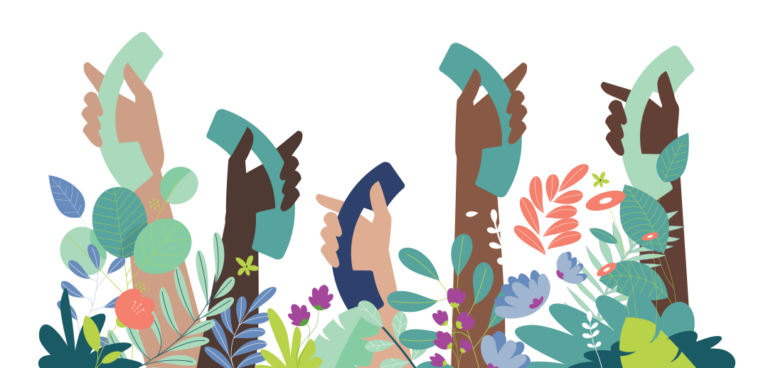Who We Are
On this page you can can find out more about who we are as an agency—because our history, vision, and values are a big part of not just why, but also how, we do the work that we do.
What We Do
We’re here for all people who have experienced sexual assault. People of any age, gender, sexual orientation, and background can access our services without judgment. Their loved ones need us too—we help them feel confident in the support they’re providing. And when the public is grappling with issues related to sexual assault, SACE is there to educate our community and provide a professional perspective.
To do this, our mandate at SACE is to provide an extensive range of support services for people who experience sexual violence, including: crisis support, counselling, court support, and advocacy. We also aim to foster prevention of sexual violence through direct public education and advisory consultation with groups and agencies undertaking their own prevention efforts.
Our Mission
The Sexual Assault Centre of Edmonton (SACE) exists to support people impacted by sexual violence and engage communities to promote respect and uphold a culture of consent.

Our Vision
People impacted by sexual violence are believed and offered caring guidance to heal, and the attitudes and behaviours that contribute to a community free of sexual violence are developed and sustained.
Our Core Beliefs
We Believe:
- People can heal;
- People are the experts on their own experiences and needs, and healing looks different for each individual;
- Sexual violence is any form of non-consensual sexual behaviour, including sexual assault, sexual abuse, sexual harassment, sexual exploitation, sex trafficking, and sexual violence facilitated through technology;
- People who experience sexual violence are never at fault;
- People who experience sexual violence should be believed and supported;
- People who experience sexual violence should have access to inclusive, professional services regardless of age, race, gender, culture, language, religion, sexual orientation, or ability;
- Sexual violence is an abuse of power and trust;
- Financial barriers should not prevent people from receiving specialized support services;
- True sexual violence prevention and support involves acknowledging the intersecting oppressions and privileges that shape a person’s experience;
- Sexual violence is a societal issue that communities have a responsibility to address, and it is through the combined efforts of community members that cultural change will be fostered and sustained. Volunteers, leaders, and funders are integral to creating this community of support.
SACE History
Coalition forms
In 1975, a national report identified Edmonton as the “rape capital of Canada.” This prompted Edmontonians concerned about the amount of sexual violence in our community, and the lack of services available to survivors of this violence, to come together. Initiated by a coalition of Edmontonians from the Edmonton Social Planning Council, YWCA, hospitals, and social service agencies, SACE was incorporated that year as a not-for-profit society known as the Rape Crisis Centre of Edmonton.
Crisis Line

The doors of our agency first opened with a number of dedicated volunteers and a part-time coordinator to provide a crisis telephone line that offered people who experienced sexual assault or abuse access to a trained listener. In 1981, the agency changed its name to the Sexual Assault Centre of Edmonton to reflect a shift to a more inclusive concept of “sexual assault.” In 1983, federal legislation removed the term “rape” from the criminal code, and substituted this with “sexual assault.”
Evolving Services
Over the decades SACE has evolved into a professional organization now offering a Support and Information Line available through phone, text, and chat, as well as a range of counselling services, public education and institutional support, police and court support, and tailored programming for diverse communities.
Reconciliation
More recently, we have been undertaking to learn more about our colonial history as a longstanding agency serving individuals and communities in Treaty 6 Territory and Métis District 9, and what it means to both acknowledge that history and the connections between colonialism and sexual violence, and move towards greater relationship building and improved services and experiences for the First Nations, Métis, and Inuit people we are honoured to work with and support. As an agency, we know that we must recognize and honour our collective responsibility towards reconciliation and decolonization, and centre Indigenous voices and leadership.
Who we are is constantly evolving as we learn and grow to better meet the needs of our clients and community- but we have never forgotten our grassroots beginning or the importance of volunteers to the organization.









